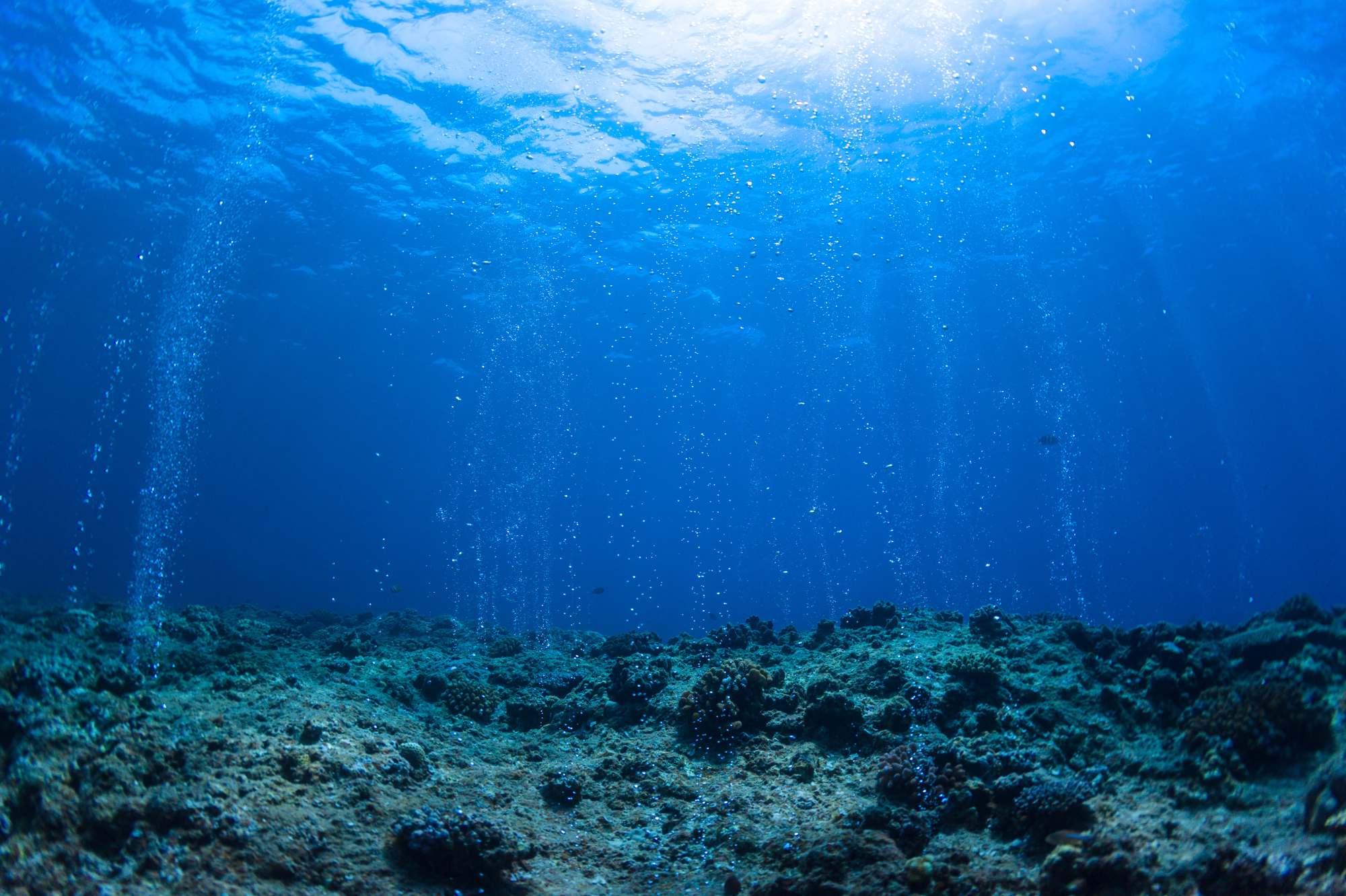Story
Harnessing decades of ocean acidification research to shape marine carbon removal solutions
11 September 2025
Drawing upon over two decades of research from leading ocean acidification experts, the Global Ocean Acidification Observing Network (GOA-ON) community shares vital lessons learned, in hopes of safer and more effective marine carbon dioxide removal research and development.

Since its founding in 2012, the GOA-ON community has been observing, modelling, and projecting the impacts of ocean acidification and changing carbonate chemistry at global and regional scales – building an unparalleled knowledge base of ocean carbon chemistry and its impacts – that is needed now more than ever.
With CO₂ emissions still rising, carbon dioxide removal (CDR) is increasingly recognised as a necessary partner to cutting emissions if the world is to meet climate goals. But for marine CDR (mCDR) to have a meaningful role at scale, it must be capable of locking away carbon for the long term while avoiding harmful side effects.
This week, GOA-ON released a new paper, Perspectives on Marine Carbon Dioxide Removal from the Global Ocean Acidification Observing Network, offering guidance on how decades of OA research can help shape safer, more effective mCDR research and development.
The study was led by PML’s Professor Helen Findlay, with contributions from PML colleagues Dr Yuri Artioli, Professor Jerry Blackford and Dr Yaru Li, alongside international experts from NOAA, the Centre for Climate and Environmental Studies, the University of Liège, The Ocean Foundation, the Physical Research Laboratory, Helmholtz-Zentrum Hereon, the University of Bergen, the University of Edinburgh, the Schulich Faculty of Chemistry, NIOF and the Genoa Marine Centre.
Drawing on their collective and multidisciplinary expertise – from monitoring and modelling, to field and lab experiments – the authors highlight lessons learned in setting up and establishing monitoring, assessing environmental impacts, developing biological indicators of change, and understanding how marine systems respond to stress. These insights, they argue, are essential for designing, monitoring and verifying mCDR approaches so that they safeguard ecosystems, avoid exacerbating ocean acidification, and align with policy needs.
Professor Findlay said: “This isn’t just another carbon removal discussion, this is capacity and knowledge sharing – providing the state-of-the-art research to help build mCDR so that is scientifically sound and responsibly governed. Whilst we desperately need to reduce emissions, and find solutions to remove carbon from the atmosphere, we must first make sure these efforts don’t cause more harm than good.”
“We call on those developing mCDR to draw on decades of ocean acidification research to build approaches that work with, not against, marine ecosystems.”
